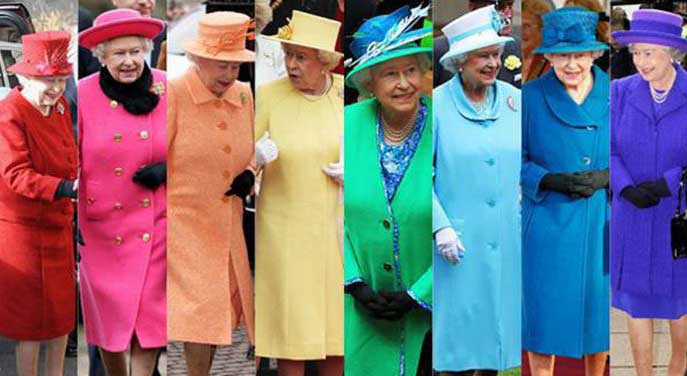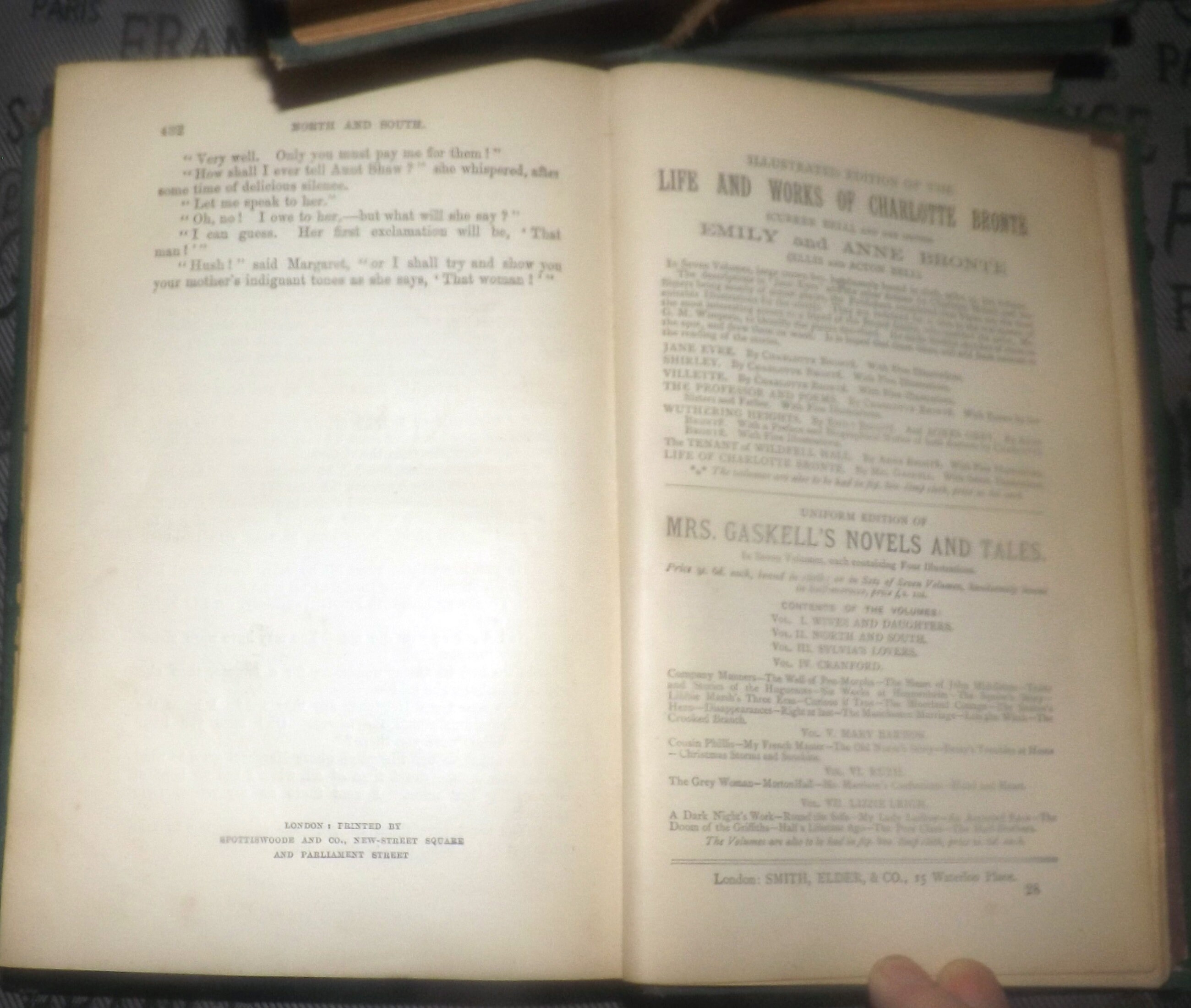


She returns to Helstone and finds it changed, realizing that it is not a pastoral idyll. She begins to see some of the good things about Milton and finds herself admiring the businessmen who are so self-possessed. However, by the end of the novel Margaret has evolved as a character. She does not seem to allow for the fact that manufacturers/masters are people of import in the North, and that merely because she is educated does not mean she is part of the elite.

She excoriates the North, calling attention to its rampant class struggles and emphasis on business rather than the "human interest." She is prickly when Henry Lennox seems to mock Helstone, and angry when Thornton challenges her misconceptions of the North. She brokers no criticism of the South and upholds its aristocratic, slower mode of living. Margaret is an independent, intelligent, and capable young woman, but she is also prideful and possesses strong opinions regarding the merits of the South and the perfection of Helstone, the village where she spent her earliest years. He has finally discovered the human element of business and is no longer focused solely on the "cash nexus." He is preparing to build a larger dining room when he learns he must sell his business. He respects Higgins and listens to his suggestions, and even dines with the men in their own dining room. His relationship with Higgins as well as his attempts to save his flailing business lead him to embrace a more humanitarian way of doing business. Unfortunately for him, while the strike fails, he loses almost everything in the process. As the strike progressed, Thornton refused to negotiate and hired outside Irish hands to run his factory. He did not believe that masters should socialize with their men, or take any interest in what the men's lives were outside of their working relationship. He tells the Hales that he is under no obligation to tell the men about the larger economic reasons why their wages might be lower only the men of capital have the right to do what they want with money. He refers to them as fools and excoriates their ignorance and what he views as their desire to make themselves into the masters. Thornton's views on the relationship between masters and men, it is apparent that Thornton is stubborn and unwilling to compromise or countenance any desire for change on the part of the men. Thornton's views on the preferred relationship between masters and men evolve?


 0 kommentar(er)
0 kommentar(er)
